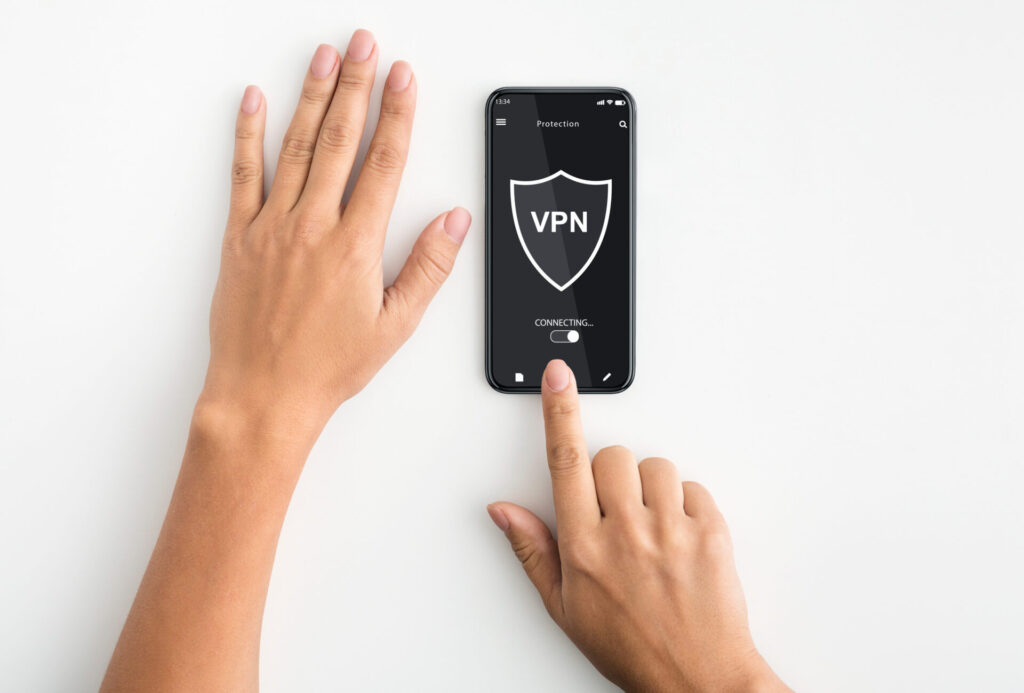
If you want to make all your online communication secure, you need to use a Virtual Private Network or VPN. Considering that a great deal of work is done digitally, whether it is working from home, running an office remotely, shopping, entertainment, or anything else, your network may not be as secure as you wish.
Most large networks are targeted by cybercriminals and leaked data is shared. Ransomware, hacking attempts, and more need protection and this can be done via a secure VPN.
What is a VPN?
A Virtual Private Network encrypts the internet connection you use via a remote server. Your data is usually not saved and you can browse the internet or do your work anonymously. It offers much greater security than browsing in incognito mode, using your browser.
Thanks to the VPN your IP address is safe from most cyber-criminal activity and you become almost impossible to trace. So, all the work that you do is confidential.
Choosing a Virtual Private Network
While using a Virtual Private Network is much safer than using an ordinary net connection, that does not mean that all VPNs are created equal. If you want protection against various kinds of cybercriminals that cost individuals and institutions a great deal you need to make sure that the VPN you use is impervious to attacks.
Here is what you should do
Check out the security features offered by the VPN:
- Do they allow multi-factor authorization?
- Do you get high-speed access to remote servers?
- Is data encryption at the highest level?
- Do they block adware, malware, phishing attempts?
Make sure that you go through reviews of the services offered and how satisfied customers are.
What can you do on your part?
While a VPN offers greater security, cybercriminals seem to be one step ahead. So you need to make sure that you do your part to keep your information and data safe. You should
- Avoid using public networks on your devices. If you must use an open network, always do so via a VPN.
- Use a multi-factor or two-factor authentication, whereby a code is sent to your email or phone before you can log in.
- Ensure that you use complex passwords, using different ones for different products or services.
- If the main connection drops, the VPN should automatically log out.
- Download new software patches or updates regularly, as and when available as these help in plugging leaks.
- Use a good anti-virus on your phone and computing devices – it is worth the cost as it protects you.
- Always check emails and messages before opening. If they look suspicious it is better not to. The same goes for answering phone calls from unknown numbers, foreign numbers, messages with links that ask you to click on them, and the like.
Just because you are using a VPN, does not mean you are not alert to threats. Do follow the above for greater security and safety.
Final thoughts
A Virtual Private Network is extremely important when you do all kinds of work online. Cybercriminals are always after getting money one way or the other, whether it is ransomware, phishing, identity theft, or even blackmail. So, keep yourself safe by using a VPN and also following other security measures.
